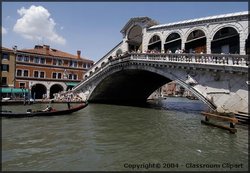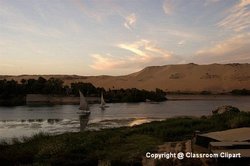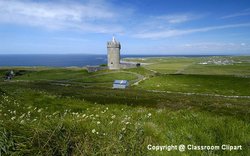Country
|
|
All internationally recognized states follow to some degree international standards in terms of the creation of official national symbols such as flags, and political rights such as citizenship. There are currently 192 countries recognized by the United Nations.
Some countries are nation states – for example, France or Israel. In these nation states one particular nation is dominant. Other states, such as Canada, the People's Republic of China, Spain or the United Kingdom contain several nations (or, at least, some parts of the population call themselves a nation), in spite of some of them considering themselves as nation states.
Sometimes, parts of states with a distinct history or culture are called "lands" or "countries": England, Scotland and Wales – the three nations on the island of Great Britain – are known as countries, even though they are effectively governed as "components" of the British state. Tibet, an autonomous region of China, is similarly called a country in everyday speech. Ireland is also sometimes called a country, even though it consists of one nation-state (the Republic of Ireland) and one component of a different state (Northern Ireland).
The terms country, nation, state and land are casually used as synonyms, but in a more strict usage they are distinguished:
- country is the geographical area
- nation designates a people, however national and international both confusingly refer as well to matters pertaining to what are strictly states, as in national capital, international law
- state is about government, and an entity in international law
- land may be used for "a country and its people" but also thought of as country belonging to a nation or a monarch
Some states consist of non-contiguous parts, separated by land of one or more other states. The Kaliningrad region of Russia is an example of such an exclave; the Oecussi-Ambeno region of East Timor or Nagorno-Karabagh are others. The largest was Pakistan from 1947 to 1971 when the nation consisted of two parts, West Pakistan and East Pakistan, geographically separated by over a thousand miles, with India in between. Alaska is a U.S. state separated by about 500 miles (800 kilometers) of Canadian territory from the Continental United States. Uzbekistan has seven small "islands" embedded within neighbouring Kyrgystan in the politically charged Fergana Valley.
List of Countries Around the World
Pictures, Clipart and Illustrations of Countries Around the World
- Countries and Cities Around the World Clipart, Photographs and Illustrations (https://classroomclipart.com/clipart/Countries_and_Cities.htm)
See also
- Nation state for the history of the development of the modern nation states
- Lists by country
- Dependent area
- List of dependent territories
- List of subnational entities
- ISO 3166, list of countries and corresponding international standard codes
- List of country name etymologies
- Enclave, includes a list of enclaves.
- Territory
- Border
- Wilderness



